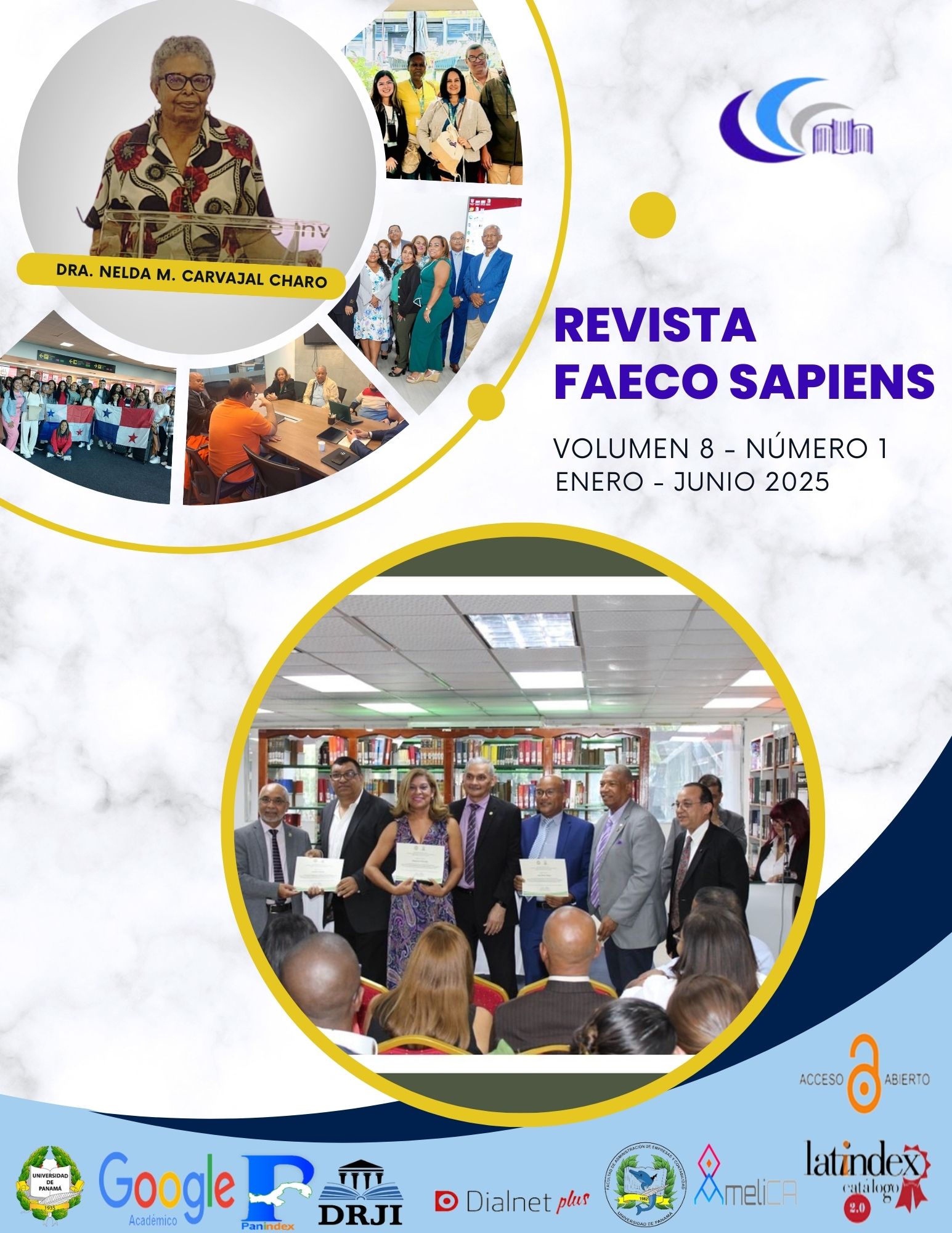

Copyright (c) 2024 Revista FAECO Sapiens

This work is licensed under a Creative Commons Attribution-NonCommercial-ShareAlike 4.0 International License.
Financial inclusion has generated significant changes, showing annual growth in access and use of financial services, key to reducing poverty and promoting economic growth. The formalization of micro and small businesses, along with access to these services, promotes greater equality and improves quality of life, especially in the poorest households. This advancement is crucial for women, who play a fundamental role in social development by investing in education and health.The objective of this study is to analyze the impact of financial inclusion on gender equality and social well-being. A documentary methodology is used, based on the analysis of data from specialized magazines and reliable sources, presenting figures on access and use of financial services by gender. The results indicate that, despite progress, significant inequalities persist in access to financial services between men and women, related to factors such as education and employment. It is concluded that improving access to these services for women will not only benefit them, but will also have a positive impact on society as a whole.